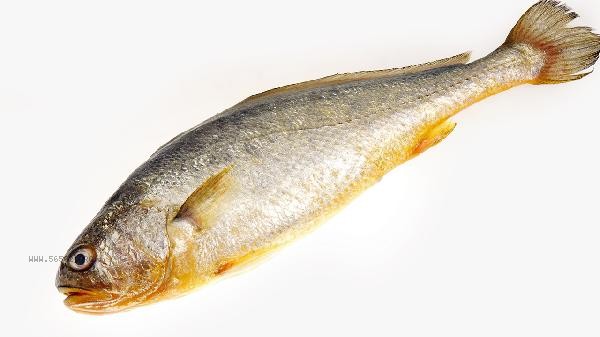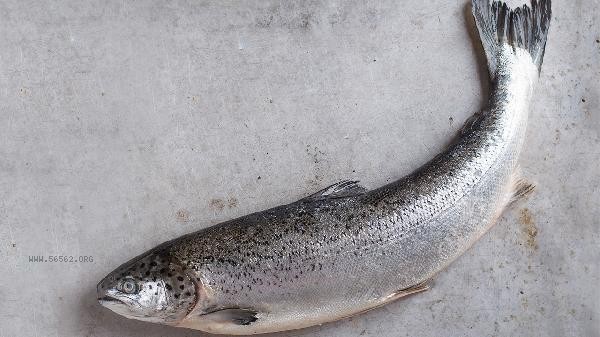Fish bones stuck in the throat for more than 12 hours require immediate medical attention, which may cause infection, abscess, or penetrating injury. Treatment methods include laryngoscopy, imaging localization, and surgical removal.
1. Infection risk: Fish bones that remain for more than 6 hours may penetrate deep into the mucosa, causing bacterial growth and leading to local redness, swelling, heat, and pain. It is recommended to use antibiotics such as amoxicillin and clavulanate potassium to control infections, while avoiding spicy and stimulating foods. Fever requires emergency treatment.

2. Tissue damage: Prolonged compression of foreign bodies can lead to mucosal ischemia and necrosis. Through laryngoscopy, it can be seen that the area around the puncture point has turned white, and precise forceps are needed to pick it up. Postoperative administration of rehabilitation solution promotes wound healing and avoids eating hard foods for 3 days.
3. Penetration risk: Fish bones near large blood vessels may penetrate deeper with swallowing movements. Cervical CT can clearly determine the relationship between foreign bodies and carotid arteries, and surgery through the oropharyngeal approach under general anesthesia is the safest. Postoperative monitoring of blood pressure and swallowing function is required.

4. Complications management: For those who have formed abscesses, incision and drainage are required, and the pus is taken for bacterial culture. Intravenous infusion of ceftriaxone sodium for anti infection, combined with ibuprofen for pain relief. Rinse the wound with physiological saline daily until it heals.
5. Children's first aid: Children with limited expressive ability and continuous crying or drooling should seek medical attention immediately. Using a pediatric laryngoscope for exploration is safer under general anesthesia. After surgery, ice cream was given to relieve discomfort, and the eating habits were observed for 48 hours.

If fish bones are found stuck in the throat, stop eating and cough lightly to try to expel them. If ineffective, seek medical attention within 6 hours. At night, it is possible to take vitamin C tablets to soften fish bones, but the next day, it is necessary to go to the ENT department for examination. A spare flashlight and tongue depressor at home can help with initial inspection, but do not use tweezers to operate them yourself. Long term aquaculture workers are advised to undergo a throat examination every six months.









Comments (0)
Leave a Comment
No comments yet
Be the first to share your thoughts!